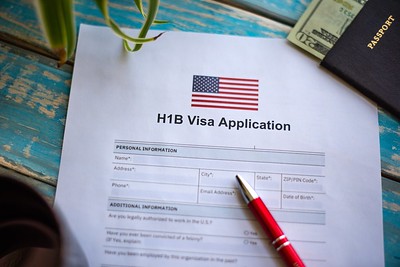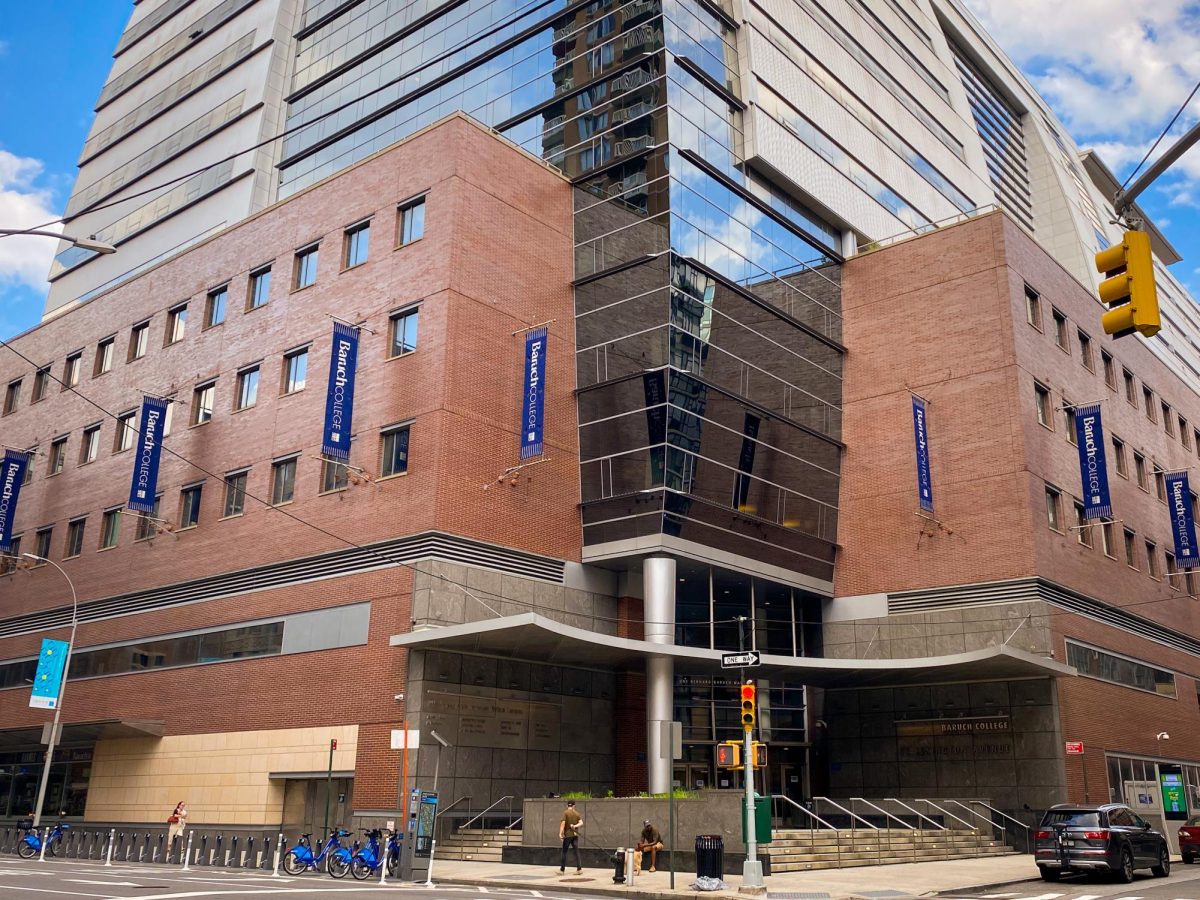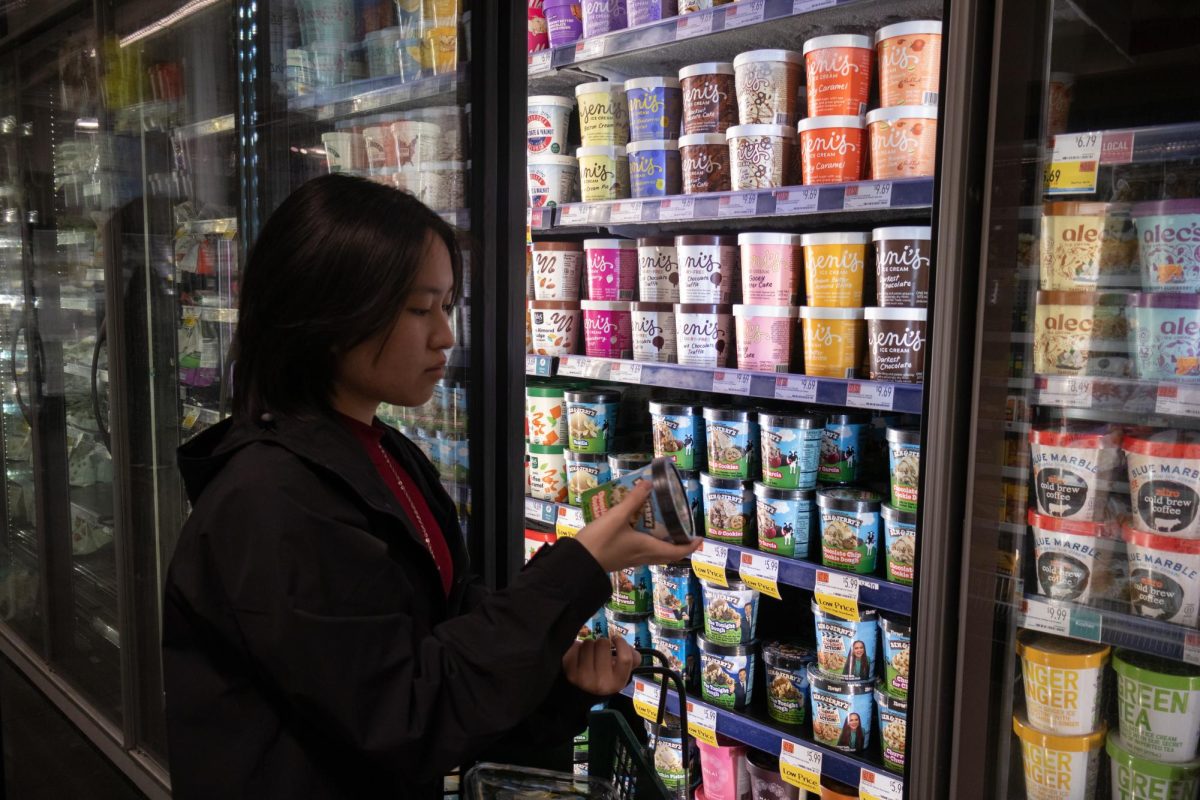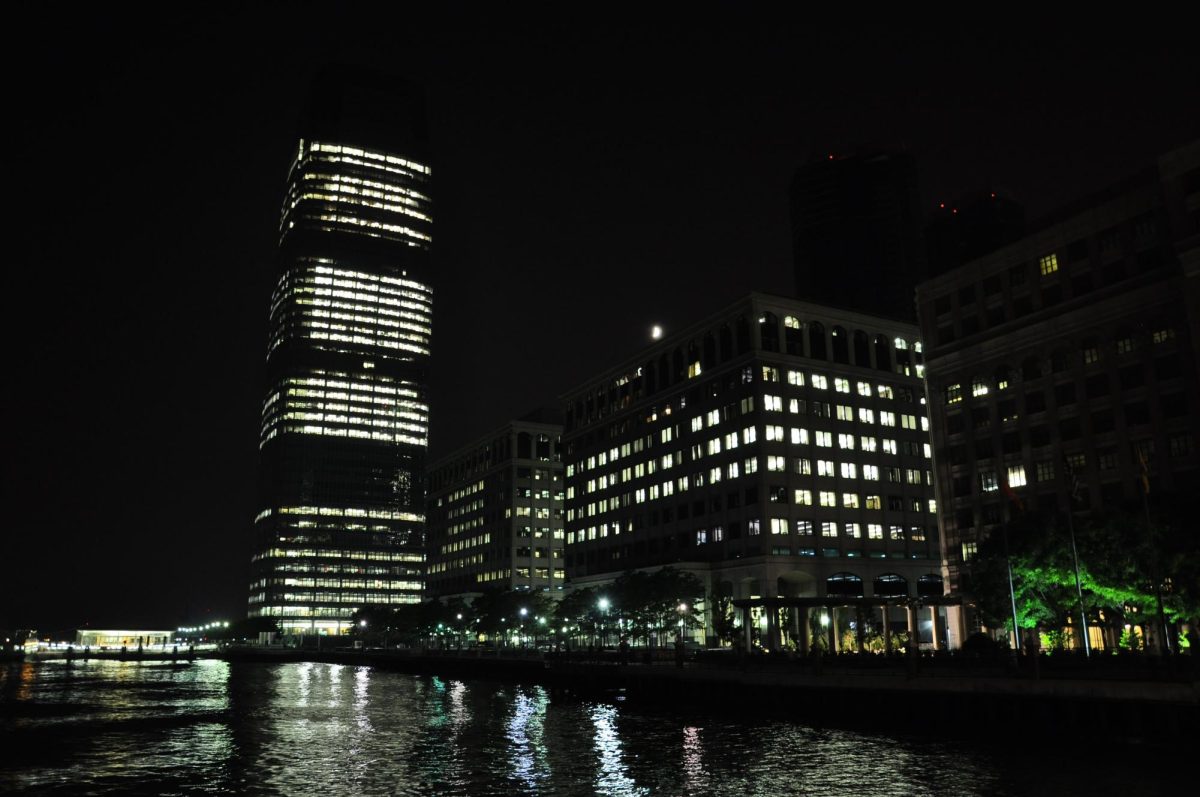President Donald Trump signed a proclamation imposing a $100,000 fee on new H-1B visa applications on Sept. 20. The dramatic increase, up from prior fees of roughly $2,000 to $5,000, has unsettled U.S. companies and raised questions about U.S.–India relations.
The H-1B program, created in 1990, allows U.S. firms to hire foreign workers with specialized skills when they cannot find qualified Americans. Each year, 85,000 H-1B visas are issued through a lottery, including 20,000 reserved for advanced degree holders.
Indian nationals are the largest H-1B beneficiaries, accounting for over 70% of approved applicants last year, compared to over 11% from China, NBC News reported. This change will disproportionately affect Indian workers.
Major employers, including Amazon, Microsoft, Meta, Apple and Google, rely heavily on H-1B visas. Amazon alone has been the top sponsor of H-1B workers, with Tata, Microsoft and others close behind, according to BBC News.
The White House defended the move as necessary to protect U.S. jobs. Trump’s executive order accused U.S. employers of “deliberately exploiting” the program to replace American workers with cheaper foreign labor, NPR reported.
Commerce Secretary Howard Lutnick emphasized that companies should “train Americans” rather than hire workers from abroad. He said, “If you’re going to train somebody, you’re going to train one of the recent graduates from one of the great universities across our land. Stop bringing in people to take our jobs.”
Analysts warn the new cost could backfire.
Some firms may move high-value work abroad, undermining the U.S. position in the global race for artificial intelligence and advanced technology.
Trump insisted the move would be welcomed. “I think they’re going to be very happy. Everyone’s going to be happy,” he said.
The fee sparked immediate panic and confusion across corporate America. Microsoft, Amazon and Goldman Sachs sent urgent travel advisories to employees, warning them to clear U.S. customs before the policy took effect.
At the same time, officials scrambled to clarify details. Lutnick initially said companies would have to pay $100,000 annually for H-1B visas. White House spokesperson Karoline Leavitt later clarified on X that the fee is a one-time cost per petition.
This will affect future applicants from February 2026 lottery onward, who are outside the U.S. Current visa holders are unaffected and their travel rights remain intact.
The H-1B program is already among the most restrictive U.S. visa categories, with only about 20% of applications resulting in approvals.
The tech industry has fought to maintain access to global talent. Executives argue that limiting visas will hurt innovation and slow hiring for roles in engineering, AI and medical research.
Many observers see a broader geopolitical message. Just weeks earlier, Trump doubled tariffs on Indian goods to 50% in retaliation for India’s purchase of discounted Russian oil. Together, the measures tighten pressure on India as it grows closer to Russia and China.
Trump recently hosted a White House dinner with major tech CEOs, and those companies that pledged billions at that dinner face higher costs for hiring the foreign talent they depend on.
Tech companies must decide whether to absorb the $100,000 fee or reduce reliance on foreign workers, which will reshape hiring strategies and ripple across global supply chains.
If companies relocate research roles abroad, rivals like China may benefit in fields from semiconductors to AI.
Its long-term impact will depend on how industries adapt and whether Washington and New Delhi can manage the fallout. For now, the $100,000 fee stands as both a test of U.S. competitiveness and a marker of strained U.S.–India relations.








